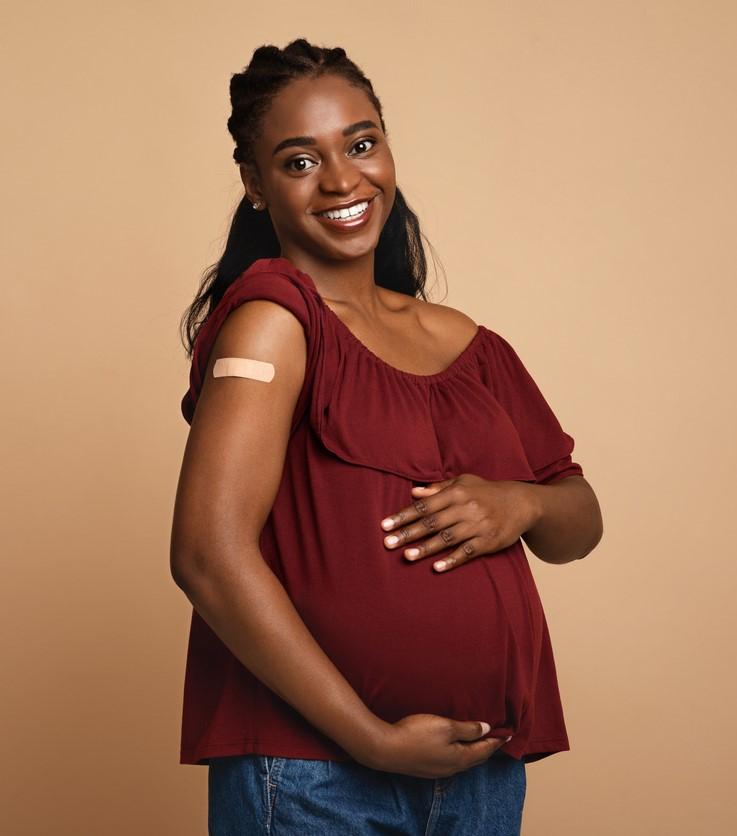In JAMA Network Open, HealthPartners Institute researchers looking at a database of more than 100,000 US pregnancies found no link between administration of monovalent COVID-19 booster vaccine shots and miscarriage before 20 weeks of pregnancy.
We continue to find that COVID-19 vaccinations in pregnancy are safe.
The study predates the availability of bivalent boosters.
"We continue to find that COVID-19 vaccinations in pregnancy are safe," said Malini DeSilva, MD, MPH, investigator at HealthPartners Institute and lead author of the study in a press release. "Ongoing vaccine surveillance work is important because it provides reassurance and helps people feel confident in their vaccinations."
The data comes from HealthPartners and seven other large health systems in the US that make up the Vaccine Safety Datalink (VSD).
No association seen 4 to 6 weeks following booster
Researchers followed women 6 to 19 weeks pregnant in a case-control study to see if spontaneous abortion was related to booster vaccine administration between Nov 1, 2021, and June 12, 2022. The participants were followed up during both a 28-day and 42-day window.
A total of 112, 718 unique pregnancies were included in the study. Pregnant individuals were Asian, non-Hispanic (15.1%); Black, non-Hispanic (7.5%); Hispanic (35.6%); White, non-Hispanic (31.2%); and of other or unknown (10.6%); and the average age was 30.6 years.
Among 14, 226 cases who experienced a spontaneous abortion during the study period, 553 (3.9%) had received a third mRNA COVID-19 vaccine within 28 days of the spontaneous abortion. Among 270 ,853 ongoing pregnancy-period controls, 11, 095 (4.1%) had received a third mRNA COVID-19 vaccine in a 28-day window.
Receipt of a third mRNA COVID-19 vaccine was not associated with spontaneous abortion in a 28-day window (adjusted odds ratio [AOR,] 0.94; 95% CI, 0.86-1.03). the authors said. In a 42-day window, results were the same (AOR, 0.97; 95% CI, 0.90-1.05).
Previous studies have shown COIVD-19 primary vaccination is safe in pregnancy and not associated with an increased risk for miscarriage. Several studies have also shown COVID-19 can be more severe in pregnancy and lead to worse outcomes for the mother.
The authors said the risk of miscarriage following a booster dose was similar to the risk seen after a first or second mRNA vaccine dose (AOR, 1.02; 95% CI, 0.96-1.08), which they had previously studied.
"These findings support the safety of recommendations for COVID-19 booster vaccination, including in pregnant populations," the authors concluded. "As of September 1, 2022, bivalent COVID-19 booster vaccines have been approved and recommended for use in the United States. Studies of bivalent booster vaccine exposures in early pregnancy are ongoing and will be important."



















